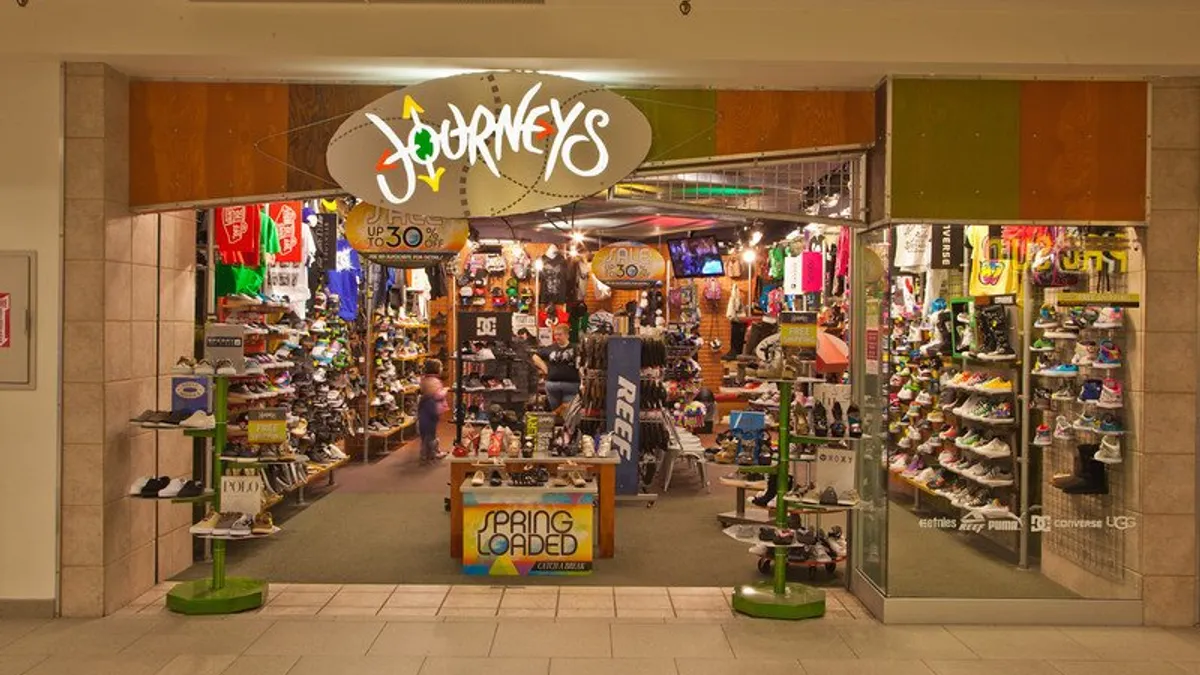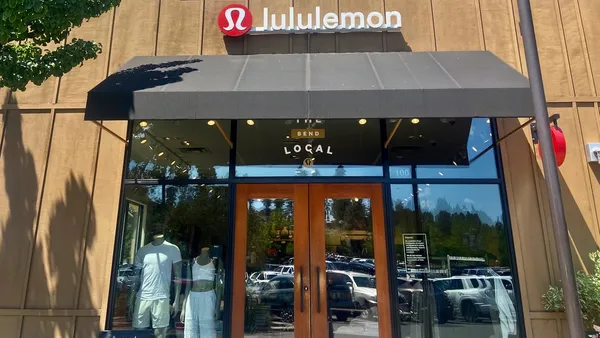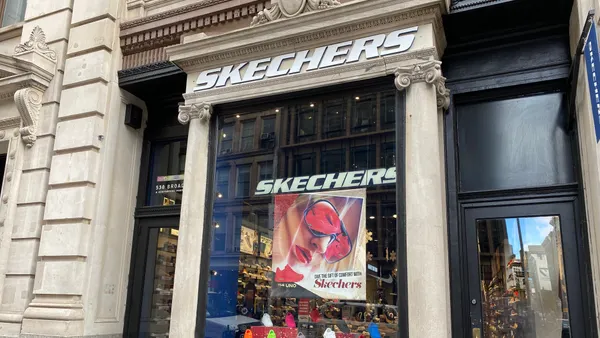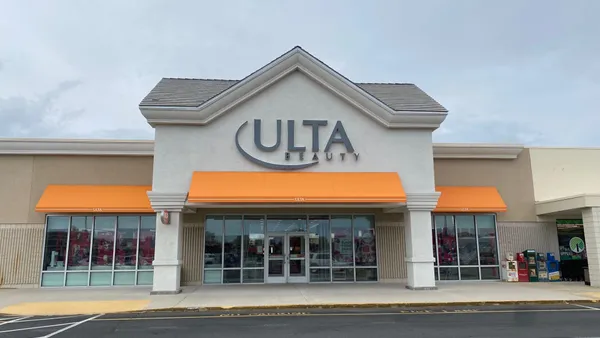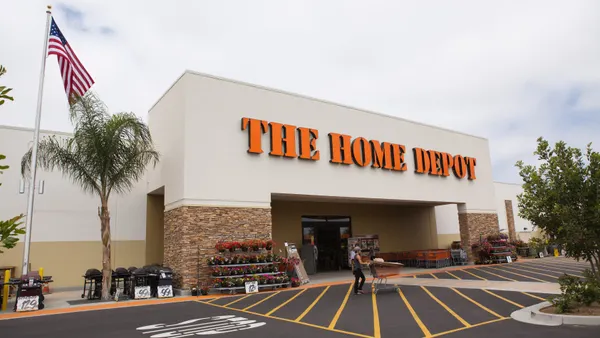Dive Brief:
- Citing "chronic underperformance," an activist investor is looking to replace the majority of Genesco's board with seven directors of its choosing.
- In an 18-page letter, leaders of Legion Partners, which owns 5.6% of Genesco, questioned the company's conglomerate structure, which in their view has resulted in "a string of poor acquisition decisions that has led to an increasingly bloated cost structure and corporate overhead."
- Genesco said it would review the seven directors nominated by Legion Partners. In a statement, the company disagreed with many of Legion's assertions while touting the company's "footwear-focused strategy," response to COVID-19 disruption and "highly engaged" board.
Dive Insight:
Much of Legion Partners' attack on Genesco leadership and strategy centered around the company's structure and acquisition strategy.
Genesco operates close to 1,500 stores and owns a mix of footwear retail banners and brands, among them Journeys, Little Burgundy, Schuh and Johnston & Murphy. Until about two years ago, it owned hat-seller Lids, which the company sold to Ames Watson Capital in an effort to refocus around footwear.
In outlining their "serious concerns" with Genesco's capital allocation, Legion Partners chided the company's "ill‐conceived plan to operate as a retail conglomerate holding company and think of itself as a private equity investment platform."
Of Lids, Legion's Chris Kiper and Ted White wrote: "Genesco curiously decided to enter the hat business in 2004 and spent $283 million in various acquisitions to build up the segment. After 15 years in this unrelated business and an abysmal track record of poor performance, Genesco exited the business in 2019 for $101 million in cash."
Among other things, Kiper and White further criticized the company for "undermanag[ing]" the Johnston & Murphy brand and straying from Schuh's "core business model of being more of a small‐town neighborhood shoe retailer with local customer allegiance." They also described a "misaligned compensation plan" for executives that "pays for underperformance."
For its part, Genesco stood by its performance and board. The company pointed to its response to the pandemic, citing in part its "record conversion rates" that helped offset reduced foot traffic. Genesco said its "deliberate investments in our digital capabilities prior to the pandemic enabled Genesco to capitalize on the accelerated shift to online shopping."
The company also pointed to a 16% reduction in operating expenses, as well as healthy cash flows, liquidity and balance sheet, all of which make it "[w]ell-positioned for growth following strong performance through the pandemic."
In a research note, CL King analyst Steven Marotta wrote that Genesco's pandemic plan "turned out to be an industry leader, particularly in regard to the safe and swift reopening." In 2020 the company's net sales fell by 19%, which, while steep, wasn't as large a drop-off as many apparel and footwear specialists faced during the pandemic year.
Marotta argued that the company has the right strategy in place and a management team capable of executing it.
"With the Lids segment long-ago divested, the footwear-centric focus allows for material shared services, including, but not limited to, overhead and the digital backbone," Marotta said in the note.
"We remain constructive on the name, considering the company’s outperformance during the pandemic and opportunities in the post-pandemic world, overlaid with a still attractive valuation," Marotta added.



